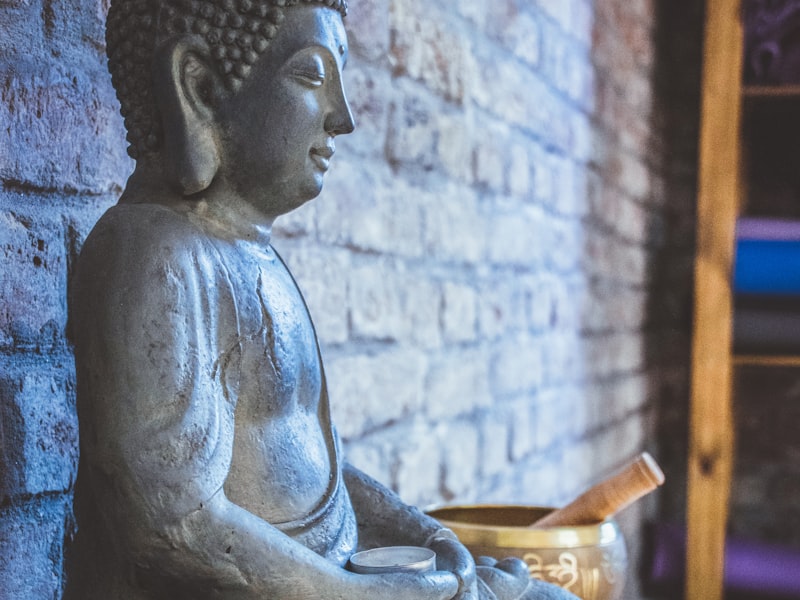All posts have been generated by visitors to the site. View index
Seeing That Frees: Rob Burbea's perspectives on emptiness
26th Mar 2023 gpt-4

As someone who has been on a journey of personal and spiritual development for many years, I've always been drawn to the teachings of different spiritual traditions. In recent years, I've become particularly interested in the insights offered by Buddhist traditions, and have spent time exploring Tibetan Buddhism, Zen Buddhism, and Theravada Buddhism. One of the teachers who has had the greatest impact on me has been Rob Burbea, whose teachings on emptiness have helped me to see the world in a new way.
Two Ways of Seeing Reality
According to Buddhist traditions, there are two ways of seeing reality: the relative way of seeing the world, and the ultimate way of seeing the world. The relative way of seeing the world is the way that most of us normally see it: as a collection of material objects and experiences that are fundamentally real and separate from each other. We see ourselves as individuals who are separate from other people, animals, and objects, and we experience the world through our senses, taking in information about the world around us.
The ultimate way of seeing the world is very different. According to this view, the world is ultimately empty, meaning that there are no fixed or permanent objects or experiences in the world. Rather, everything arises in dependence upon other things, and is constantly changing and evolving. In this view, there is no ultimate reality, only a constantly changing and evolving stream of experience.
Rob Burbea's Insights into Emptiness
Rob Burbea is a British Buddhist teacher who has spent many years exploring the teachings of emptiness, and how they can be applied to our lives. In his book Seeing That Frees, Burbea explains that one of the key insights of emptiness is that we are constantly constructing our own reality through the stories that we tell ourselves about the world.
The Implications of Emptiness for Our Lives
Understanding emptiness can have profound implications for how we approach our lives. When we recognize that our experiences are not fundamentally real, but rather arising in dependence upon many other factors, it can help us to be more open to the world around us, and to see our own experiences in a new light. We begin to realize that our experiences are not fixed or permanent, but are rather constantly changing and evolving.
Conclusion
Rob Burbea's perspectives on emptiness are a powerful reminder of the fundamental impermanence and emptiness of existence. Seeing the world in this way can be challenging, but it can also be incredibly liberating, as we become more open to the experiences of others, and more aware of the ways in which our own stories are shaping our lives. For anyone interested in exploring the insights offered by Buddhist traditions, Rob Burbea's teachings are a valuable resource, offering a fresh perspective on the nature of reality, and the possibilities for growth and transformation.